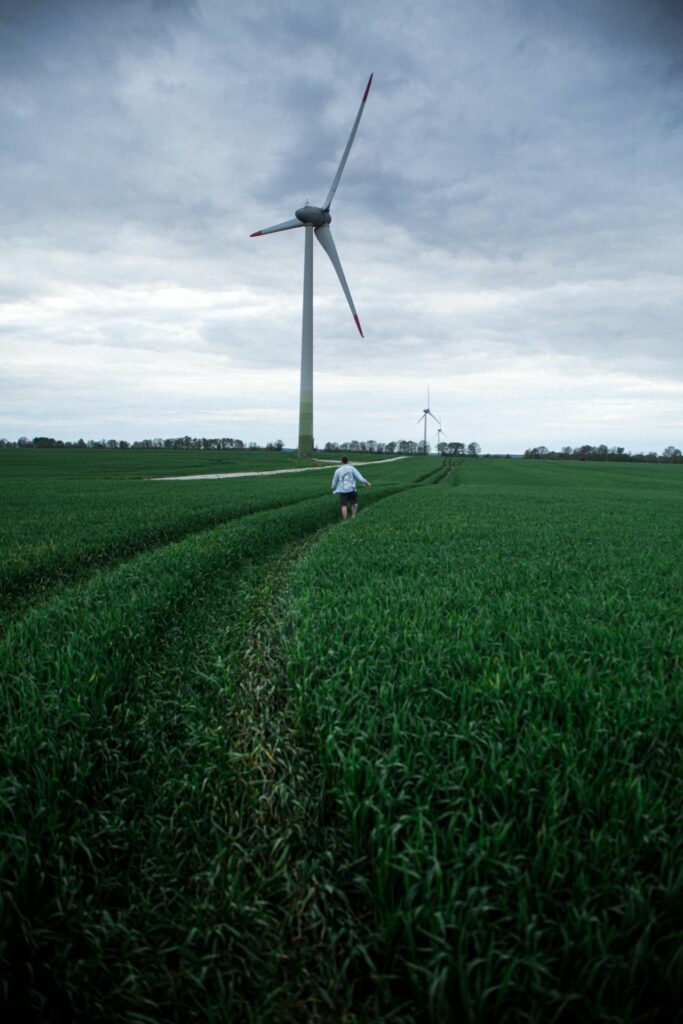Truth & Goodness
Poison on a Plate: What Drives Us to Eat Dangerously?
01 March 2026

Do we inhabit a century of immense possibilities? Our age has indeed witnessed remarkable feats: breaking the sound barrier, lunar voyages, profound explorations of human psychology, and groundbreaking advancements in medicine and physics. Our technological strides are increasingly sophisticated, marking a century replete with possibilities. But the pressing question remains: do we know how to make use of them?
The eras when cities were razed by fires and epidemics ravaged populations now seem like distant, dark chapters of history. It is challenging to fathom that not long ago, in certain parts of the world, people had no say in their jobs, residences, or relationships. Today, democracy is often the norm, and capitalism is the prevailing social structure. Yet, humanity still grapples with an age-old existential dilemma: how to achieve happiness?
Rene Dubos, a renowned French microbiologist and ecologist, once remarked, “The belief that we can manage the Earth and improve Nature is probably the greatest expression of human arrogance, but it has deep roots in the past and is almost universal.”
Humanity, merely one species among millions, has through the process of evolution, come to dominate life on Earth, bending it to meet its needs. This might be perceived as the survival of the strongest, yet, humans are unique in their tendency to kill for reasons beyond hunger or self-defense. Human civilization seems to have internalized the biblical directive from Genesis, interpreting it as a divine sanction for dominion over all creatures:
“The fear of you and the dread of you shall be upon every beast of the earth and upon every bird of the heavens, upon everything that creeps on the ground and all the fish of the sea. Into your hand they are delivered.”
We recommend: The Creeping Dawn of the Human Epoch
Human ingenuity has mastered the living realm, yet the inanimate world eludes our grasp. We can channel rivers, but the fury of storms and the onslaught of deadly waves remain beyond our control. Cities are no longer at the mercy of fire, but the unstoppable flow of lava poses a challenge too immense. We harness wind for electricity, yet stand powerless against the wrath of hurricanes.
This dichotomy illustrates a fundamental truth: despite our advancements, we cannot subjugate nature. Our relationship with the natural world often resembles a child’s naive desire to dominate its mother, not recognizing the mother’s greater wisdom born of experience. Nature, often indulgent like a mother, tolerates our follies, which can lead to pain and tears.
Time and again, nature has demonstrated the consequences of human hubris. Driven by an inflated sense of our capabilities, we underestimate her unpredictability. Our utilization of natural resources, which are not of our making, often fills us with misplaced pride. When we conquered the skies, fulfilling a long-cherished dream of flight – a dream that brought Icarus to his demise in a tale laden with irony – we boasted of mastering the air, failing to acknowledge that it is the air itself that lifts us. Similarly, when we set sail across the seas, our pride blinded us to the fact that it is the sea’s grace that buoys our ships.
While reason has propelled us to great heights and continually opens new frontiers, it is often greed that blinds us, reminding us of our frailty only when the earth itself shakes. This ongoing dance with nature serves as a stark reminder of the limits of human control and the need for humility in the face of the forces that truly govern our world.
In the realm of agriculture, humanity has made remarkable strides. We have transcended our dependence on nature’s caprices, learning to outmaneuver plagues and plant diseases to maximize crop yields. Our proficiency extends to animal husbandry, where we focus on optimizing meat production, and to aquaculture, breeding diverse species of fish, fruits, and vegetables. Despite these achievements, we falter at a fundamental hurdle: ensuring fair distribution of these abundant resources.

The stark contradiction of widespread hunger in an age of food surplus is perplexing. It is analogous to a person perishing from starvation at a banquet table. Famine, tragically, is often the result of human actions: armed conflicts, despotic regimes, and the impacts of climate change. Particularly in Africa, the scars of colonialism, perpetrated under the guise of Christian civilization, are profound. The continent, rich in resources, was arbitrarily partitioned into states, igniting tribal conflicts. Centuries of exploitation and enforced labor have disrupted traditional lifestyles and decimated Africa’s once nature-aligned ecosystem. The repercussions of this colonial legacy are still acutely felt today.
Thus, while those in the West seldom worry about food scarcity, elsewhere on our planet, people perish from lack of it. This global disparity serves as a stark reminder of the urgent need to address the inequities in resource distribution, transcending our technological and agricultural triumphs.
In the capitalist and democratic world, war increasingly becomes a fading memory, its sting less acute, and a sense of disbelief clouds the fear that anyone might dare disrupt the current global order. This order, anchored in burgeoning prosperity and multifaceted development, seems safeguarded by the deeply intertwined economic interests of nations. These interests, despite their contradictions, appear to form a bulwark against any upheaval that could disrupt the smooth operation of the global economic engine. In countries like the USA, Germany, France, and Poland, people relish the opportunities afforded by peace, channeling their energies into personal growth and the pursuit of perfection, often viewed as an elusive benchmark for happiness.
Yet, the human race cannot fully extricate itself from Thanatos, the destructive impulse residing in our collective subconscious. Among a global population of eight billion, there will invariably be individuals whose hearts harbor virulent hatred. Our technological advancements have armed us with tools capable of annihilating humanity. Robert Oppenheimer, one of the atomic bomb’s architects, was terrified about the destructive potential of his invention. The devastation wrought by the bombs dropped on Hiroshima and Nagasaki pales in comparison to the might of today’s nuclear arsenals, always primed for deployment. The prospect of a nuclear conflict, often downplayed in popular culture, remains a chilling reality. Human self-restraint is not infallible, and history shows that national leaders can sometimes be dangerously irrational. In this era, our capacity for self-destruction has never been more potent or more accessible.
We recommend: You Become What You Think. Our “Personal Critic”
In today’s world, replete with opportunities, we face a critical inquiry: how best to harness these prospects that are not mere windfalls, but the result of hard work, the legacy of previous generations – the outcome of the evolution of thought, and the courage to realize desires. This raises pivotal questions about the guiding principles of our society. Is humanism, with its ‘human-first’ philosophy, an adequate compass? Will liberalism, which states that the freedom of one ends where the freedom of another begins, stand resilient? Can democracy, reliant on the collective wisdom of the populace, offer effective guidance? Or might capitalism, fueled by human ambition and steered by the market’s unseen forces, be the key? These considerations lead us to the larger quest for a moral utopia, a world devoid of suffering and mortality. Can we achieve paradise on Earth? We have more opportunities than ever before. But…
See also:

Truth & Goodness
01 March 2026


Zmień tryb na ciemny